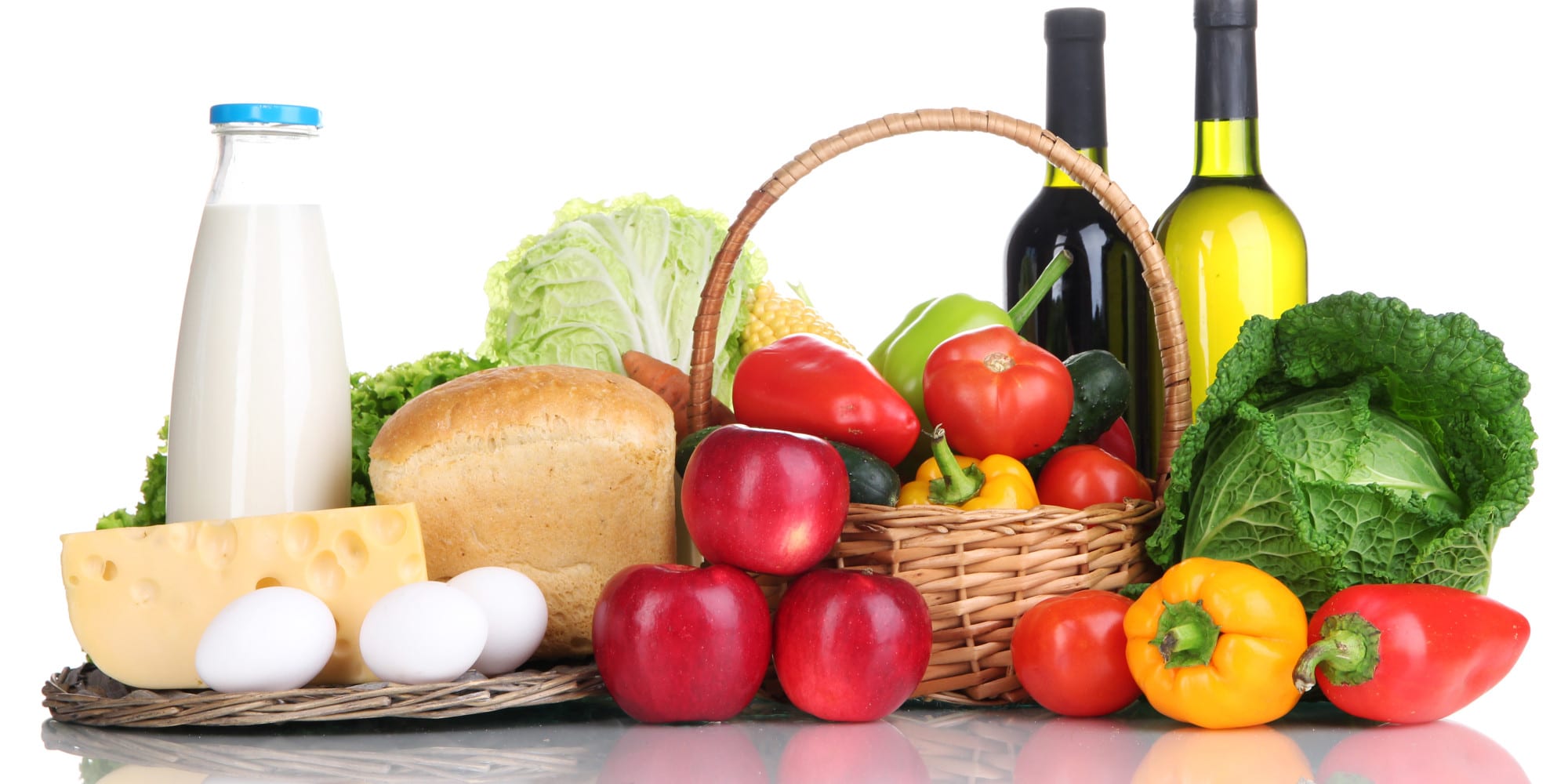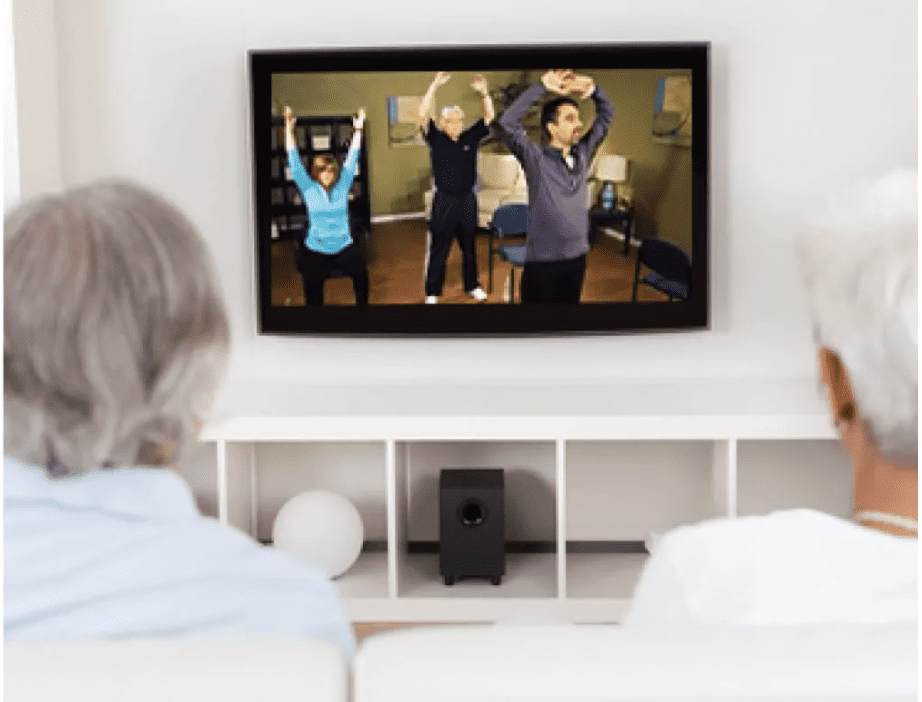In recognition of National Nutrition Month that takes place every year in March this week’s blog post will focus on healthy eating for seniors. Important at any age, eating well is especially important as we get older. When we eat a healthy, balanced diet we fuel our bodies with the energy we need to perform our daily tasks and lead an active lifestyle. Eating well can also prevent or slow down the progress of many chronic illnesses including heart disease, diabetes, osteoporosis and even some forms of cancer.
Unfortunately, eating well can be a challenge for many seniors.
As we age the need for extra calories often decreases, while the need for nutrients increases. But, sometimes we just don’t feel like preparing a well-balanced meal for ourselves and “tea and toast” or a bowl of cereal sounds like a nice, easy option. Or, we might find it physically difficult to get to the grocery store and prepare a proper meal in the kitchen. However, if we are focused on healthy living we should definitely pay attention to our food choices and make sure we are eating from all of the four food groups in order to achieve a balanced diet and maintain a healthy lifestyle.
Follow Canada’s Food Guide
Use this as a guide to make sure you are eating the right number of servings from each of the four food groups. How do you measure up?
- Vegetables & Fruit – 7 servings per day
- Grain Products – 6 – 7 servings per day
- Milk & Alternatives – 3 servings per day
- Meat & Alternatives – 2 – 3 servings per day
Get your copy of Canada’s Food Guide
Veggies & Fruit – are you getting enough?
- Vegetables and fruit are an excellent source of vitamins, minerals and fibre and are an important part of our diet. Select foods that are brightly coloured and choose dark, leafy greens for your salad as these foods are loaded with nutrients. Always eat a rainbow of colours!
- Are you thinking that seven servings of fruits and veggies a day is a lot? A serving is probably much smaller than you think! Half a cup of cut up fruit or vegetables = 1 serving, so those small servings add up to seven very easily.
- Sometimes seniors have a difficult time chewing or digesting raw vegetables or harder fruit. Be creative with your food selections to overcome this challenge. For breakfast, try adding a banana to your cereal, or add some berries to your yogurt for an afternoon snack. Canned foods are also softer to chew and easier to digest and none of the nutritional value is lost (choose low sodium options). Minestrone or vegetable soups are another great way to increase your veggie intake. And if you add a little meat and rice or barley to your soup, you will have a complete, nutritious meal-in-a-bowl.
A Word About Protein
Did you know that we lose about 1 percent of our muscle each year after the age of thirty? For older adults, this loss of muscle mass leads to a decrease in strength and can affect their ability to perform everyday tasks safely. This means that regular exercise which includes strength training to maintain muscle mass is extremely important for everyone, including seniors who wish to avoid becoming weak and frail. When exercising our muscles we need to make sure we are fueling them well with adequate amounts of protein in our diet. Meat, fish and poultry are excellent sources of protein, but keep in mind that there are many other protein-rich food options to choose from, such as eggs, legumes, seeds and nuts.
Just remember…Protein = Power!
Eating is such an important part of our daily existence. Making sure that we feed our bodies with healthy food options, especially as we age, is necessary to maintain a balanced diet and live an active, healthy life. Happy Nutrition Month!
Adapted from:
http://www.healthlinkbc.ca/pdf/HEFS_english.pdf
http://www.eatrightontario.ca/EatRightOntario/media/ERO_PDF/en/Seniors/Older-Adult-Guide.pdf
Anita Salituri is an Occupational Therapist and founded Attune Aging Strategies and Solutions with her husband and Physiotherapist, Jim Salituri. With over 45 years of combined experience in the field of rehabilitation, they work together to create exercise programs for seniors and deliver educational workshops and skills enhancement training to professional and family caregivers. Attune is focused on enhancing the care and quality of life of older adults as they strive to remain living at home for as long as possible.



